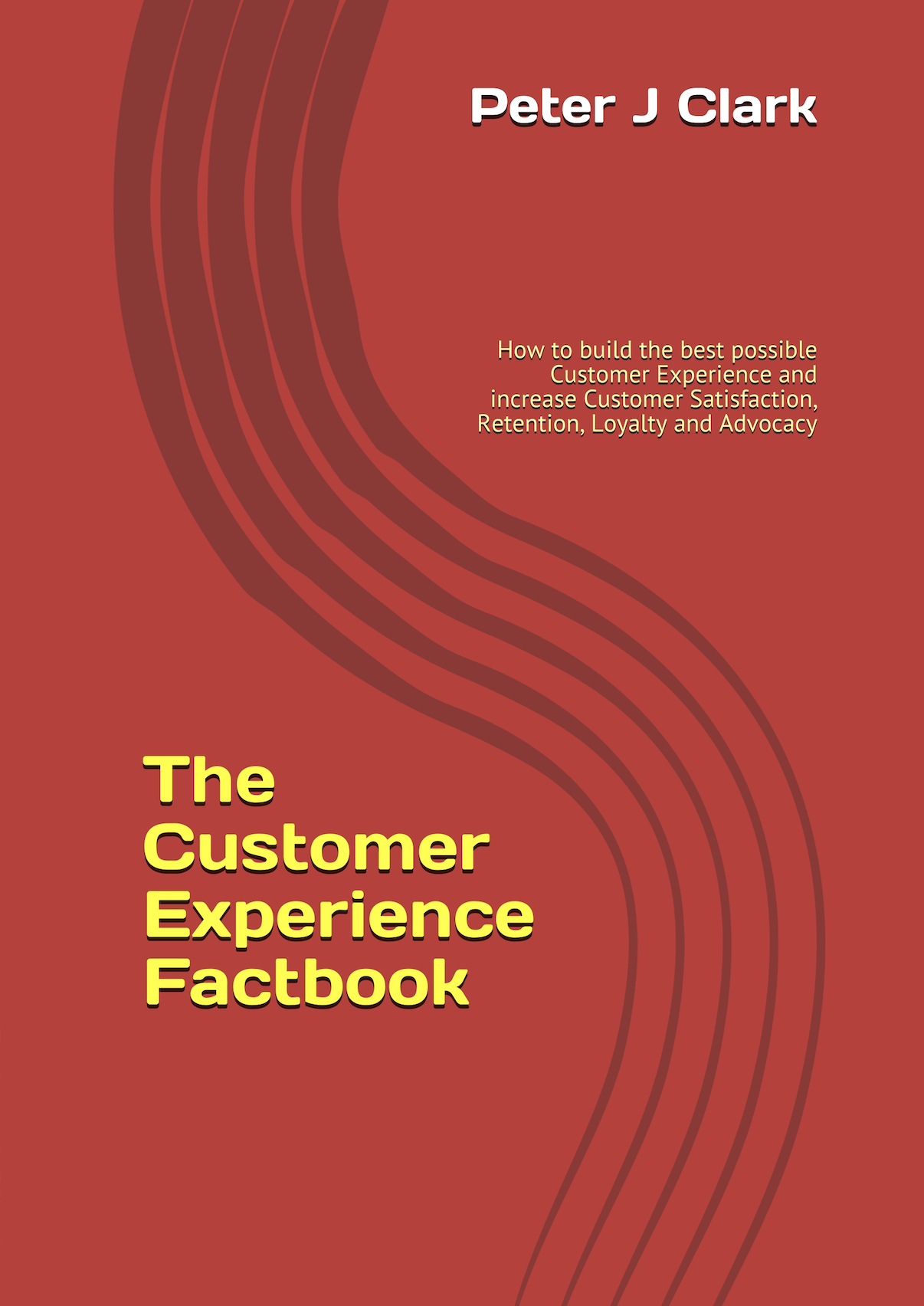Mobile wallets meet with consumer caution
The mobile wallet, which has been brought into the limelight once again by Google, may not be poised to kill off the consumer's trusty leather wallet or purse - in the UK at least - according to research from YouGov, showing that while only 23% of consumers are interested in using their mobile phone instead of cash to pay for purchases, nearly half are less keen on the idea.
Despite this finding, YouGov analysts still say they expect consumer take-up of the so-called 'wave and pay' technology to be quite rapid; just not ubiquitous. This forecast is based on the finding that 10% of consumers said they are likely to use the service in the future.
And while 5% agree that they will get the technology as soon as it's available, almost a half (48%) said they won't be rushing to swap their real wallet for a mobile wallet, saying that "it's a good idea" but they "will only consider mobile payments when any issues have been ironed out".
When it comes to consumer awareness levels, more than one third (36%) of respondents admitted they didn't know if their existing phone was able to make cashless payments with a technology known as Near Field Communication (NFC).
Russell Feldman, the YouGov consultant who led the research, explained: "Many consumers are attracted by the idea of paying for items via their mobile phone. Retailers, mobile operators and handset manufacturers have a real opportunity to educate consumers about the advantages of paying - particularly for smaller items - in this way. We believe once people have seen it in practice they will be quick to adopt it."
The top perceived benefits for those planning to use NFC in the future were:
- Convenience to pay (87%);
- The speed of paying (67%);
- Easier than carrying cash and cards (67%);
- Better for the environment (37%);
- Less chance of losing personal data than with paper receipts (35%);
- Being able to keep track of spending more easily (29%).
Of those respondents who said they would be likely to adopt the cash-free payment technology for their mobile, most could see themselves buying everything from small purchases like sandwiches, magazines and newspapers (81%) to more expensive items such as CDs, DVDs and games (65%). More than one third (39%) could see themselves making bigger investments such as games consoles, clothes and even their weekly grocery shopping.
There are, however, a number of consumer concerns about mobile payment technology that could hold back mass adoption. The main reason for respondents not planning to use mobile payment in the future is that they are happy with the way they pay now (67%). There are also concerns about security and fraud (56%), some respondents said they either don't need a mobile payment system or weren't interested (both at 45%), while 44% said they were concerned about viruses or malware that could steal details from their phones.
Even those already planning to adopt the technology have concerns, with security and fraud (79%) and viruses and malware (66%) being the top two worries cited, suggesting that these early adopters are more technologically savvy than many of the others surveyed.
Feldman concluded: "There will always be consumer concerns about adopting any new technology, and consumers will need to see that these worries have been addressed before they wholeheartedly embrace mobile payments. Our research suggests that consumers see NFC as inevitable, and that they are expecting supermarkets, mobile phone companies and consumer electronics retailers to be the first to offer contactless payments."
Sources: YouGov / The Marketing Factbook.
Copyright © 2011 - 2025 The Marketing Factbook.
Categorised as:
- Customer Experience
- Knowing The Customer
- Marketing Know-How
- Marketing Technology
